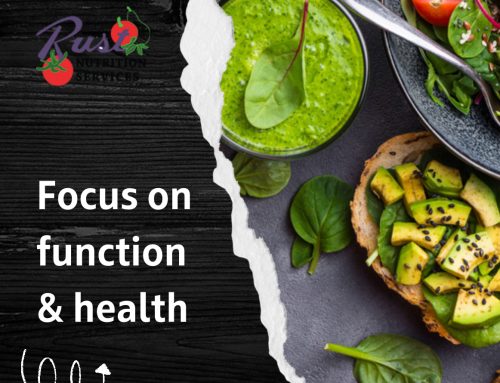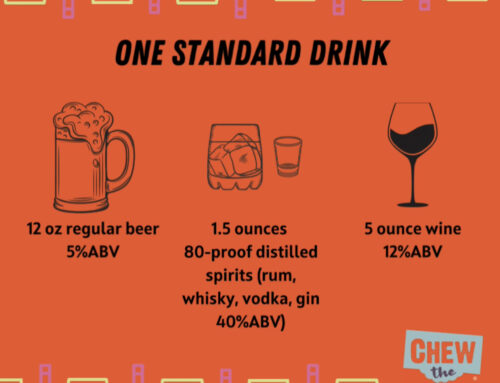I read with interest the New York Times article: “In Dieting, Magic Isn’t a Substitute for Science” as it posed the question “Is a calorie just a calorie?” This question has surfaced several times in recent discussions and papers this year. Last year, I reviewed a simple weight loss book called Calorie Wars and was not only in agreement with the basic messages the book provided, in terms of simple behaviors to modify when working toward weight control, but also the author’s stance that “a calorie is a calorie”.
New research tries to suggest that this may not be the case, but I’m not holding out for the final data. I don’t believe future research will show much significant difference in a calorie from one diet plan to the other when total calories are controlled. Sure there are differences in the way calories from different foods are metabolized (eating a 60 calorie orange versus eating 2 donut holes for instance), but at the end of the week, it doesn’t matter in terms of weight control (please don’t take away that I think people should eat donut holes instead of oranges. Including all food groups daily for nutrients, fiber and variety is always important).
What will always matter is what sort of “diet” you can stick with for weight control and health. The types and volume of food eaten, and the amount of physical activity you engage in will also count. What’s also clearly important is forming proper eating habits early in life. It’s possible that a fat sensing mechanism is set early in life and this guides your body, as you get older, to maintain a certain amount of fat.
In the JAMA study, a small group of participants were all put on a low calorie diet to lose weight. Once leveled off, the group was divided into three maintenance groups using either a high fat, high protein diet; a low fat, high carbohydrate diet; or a diet in between the two. The first group on the high protein diet reportedly burned more calories daily, even though the total caloric content of each of the three diets were the same.
When you get into the nitty-gritty of what’s going on here, you’ll find that measuring calories burned isn’t an exact science either. People on high protein, high fat diets also tend to lose a lot of water, not fat.
The bottom line in my opinion: the laws of thermodynamics still apply. To reduce body fat you must create a calorie deficit (take in less calories, exercise more, but especially take in less calories). Whether the calories you take away are from bagels or bacon doesn’t matter – there’s no magic in eating a certain way. The goal is to eat foods you enjoy in the right amounts – the specific amount of energy you need daily.
For me (not a protein-lover) this “diet” will continue to include bagels, pasta, bread, and rice, but will also include fish, poultry, cheese, beans, lean beef, and as many veggies and fruits as I can eat (for me, it’s a 50% carbohydrate-20% protein-30% fat-diet). As I’m aging, every portion has to be reduced, and I eat far fewer sweets than I did in my younger years, but I have never, nor do I ever plan to, shun carbohydrates (or reduce them to a 30-40% level) in the hopes I’ll burn thirty or so more calories a day.
As Dr. Hirsch puts it “Eat as little as you can get away with”. That’s the bottom line for adult weight management – no magic, just science.




